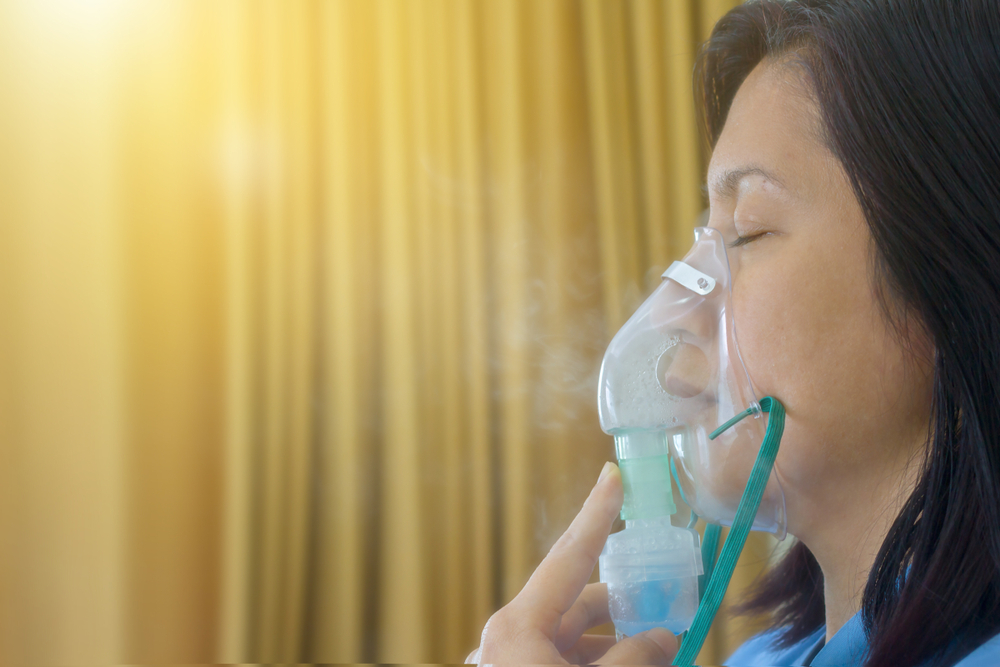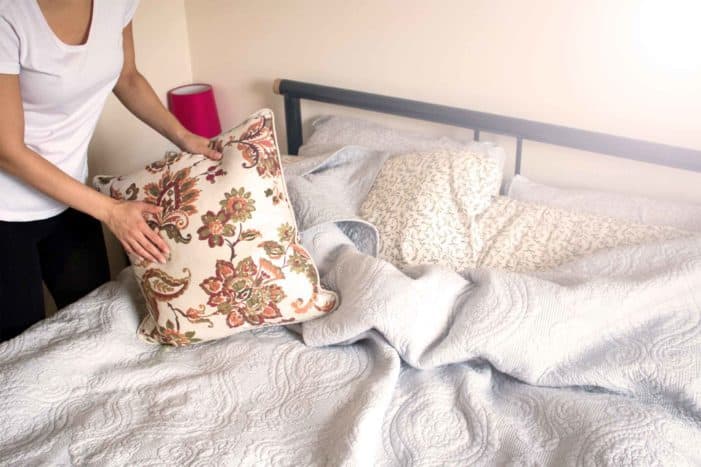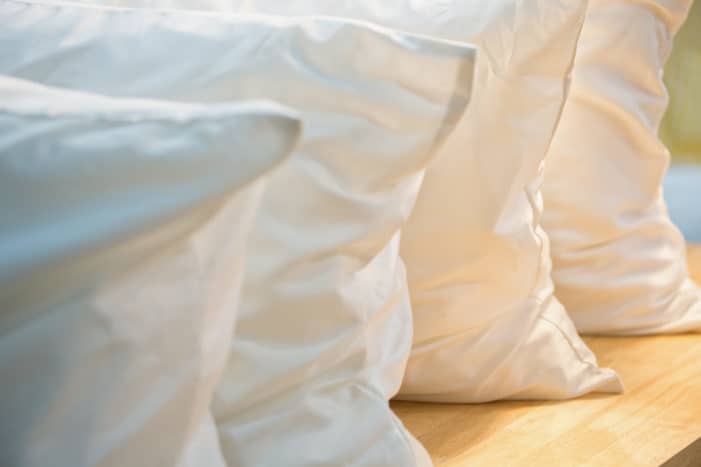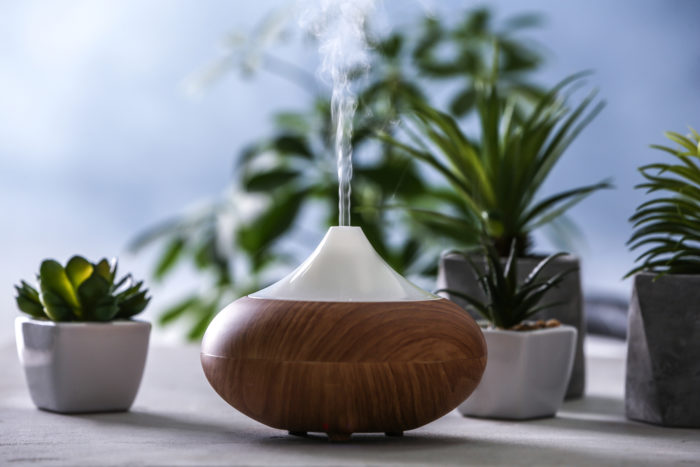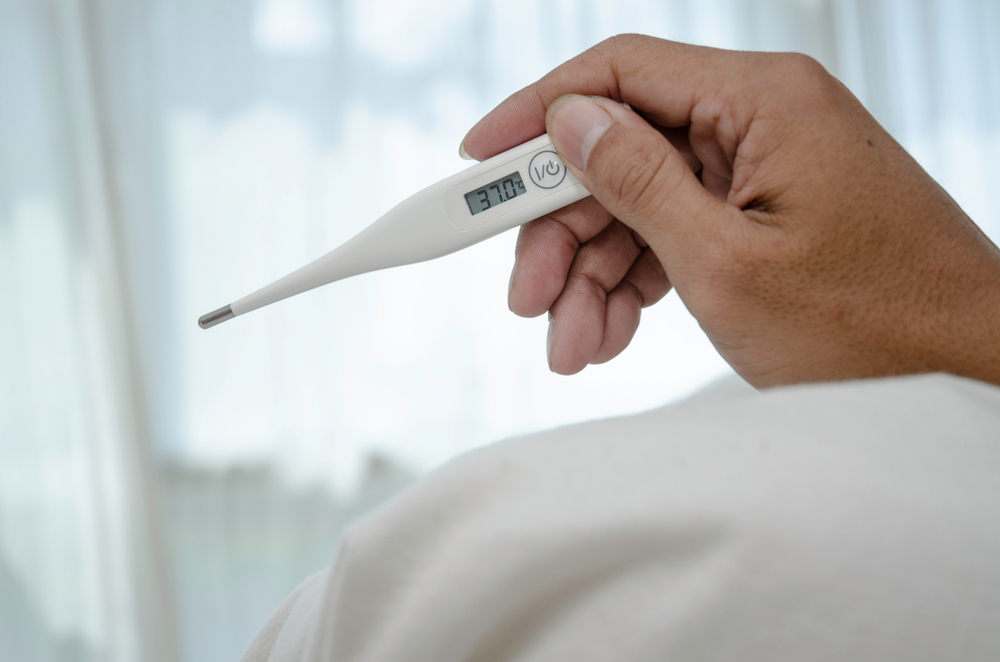Contents:
- Medical Video: How an asthma attack occurs
- How to prevent an asthma attack at night
- 1. Clean the bed regularly
- 2. Wash the bolster pillow with hot water
- 3. Use a high pillow
- 4. Use a humidifier
- 5. Avoid sleeping with pets
- 6. Adjust your diet
- 7. Check the risk of sleep apnea
Medical Video: How an asthma attack occurs
People who have severe asthma disorders often wake up from coughing, wheezing, and shortness of breath that worsens at night. Sleep certainly does not sound good and makes the body tired when you wake up. Going to the doctor is indeed the best way to overcome this problem. However, you can actually prevent asthma attacks at night with the following simple steps.
How to prevent an asthma attack at night
People with asthma often underestimate the symptoms of asthma that often relapse at night. In fact, Sonali Bose, MD, a teaching assistant from the Division of Lung, Critical Care and Sleep Medicine at the Icahn School of Medicine at Mount Sinai Medical Center, New York, said that this is just a sign that you need more medication or changes in care, such as quoted from Everyday Health.
You might not be able to go straight to the doctor to check your health in the middle of the night. In addition to taking asthma medication from a doctor, you can also, really, prevent asthma at night in the following simple way.
1. Clean the bed regularly
Mattresses, pillows, bolsters, and blankets are favorite hiding places for mites to breed. So small, you might not be aware that during this time your asthma often recurs because of inhaling dust mites during sleep.
Use a vacuum with a HEPA filter (high efficiency particulate water) to remove all small air pollutants, from mites, dust, pollen, and pet hairs that stick to the mattress. Moreover, animal dead skin cells are very small and easily fly, so they can only be filtered using a HEPA filter.
2. Wash the bolster pillow with hot water
After regularly cleaning the bed, experts also recommend that you routinely wash and replace sheets, pillows, bolsters and blankets at least once a week.
All of these bedding must be washed using hot water to more effectively kill dust mites and prevent them from coming again. As a result, your sleep tonight is guaranteed to be better and avoid asthma attacks at night.
3. Use a high pillow
If you are also exposed to flu or sinusitis, sleeping with a flat head can accumulate mucus or phlegm around the nose and throat (post nasal drip). This can block the flow of air in the respiratory tract and trigger asthma at night.
The same effect can also be felt if you have ulcer disease. Sleeping lying in a flat condition allows stomach acid to rise further into the throat. As a solution, use a high pillow to help prevent mucus from accumulating and increase stomach acid.
4. Use a humidifier
To prevent asthma from recurring at night, try turning off the air conditioner while sleeping. Although it can repel heat, the air becomes drier and can cause asthma to recur.
Use the help of a humidifier to add moisture to your room. This method is also useful to prevent the growth of dust mites that like dry air. The more routine you use the humidifier, the more damp the air in the room and to prevent asthma from recurring.
5. Avoid sleeping with pets
If you have a pet, whether it's a dog or a cat, it's best to let them run or sleep outside your room. Remember, scattered animal hair can stick to carpets and mattresses, triggering asthma at night.
It's good, always close the room door so the pet can't enter the room. This simple method will have a major impact in reducing the frequency of asthma recurrence at night, you know.
6. Adjust your diet
Increased gastric acid, be it ulcer or GERD, is a risk factor for asthma. As a preventive measure, adjust your diet so that stomach acid does not rise and trigger asthma.
Avoid foods that contain high saturated fats such as fatty meat, fried foods, milk, and chocolate. Likewise with coffee, tea, spicy food, and sour foods, all of this should be limited because it can irritate the throat.
If you are able to control the symptoms of stomach acid, then the risk of asthma relapse at night can be minimized as possible.
7. Check the risk of sleep apnea
According to the American Thoracic Society, people with asthma tend to be at high risk of experiencing sleep apnea. Sleep apnea is a serious sleep disorder that makes your breathing often stop during sleep. As a result, relapse of asthma cannot be avoided.
If you sleep often disturbed by asthma symptoms at night, you should immediately consult a doctor. The doctor will do a series of examinations to find out the possibility of sleep apnea in you.
You should also bring the asthma medication that you are taking lately. According to your health condition, your doctor may add a dose of medication or prescribe a new asthma medication for you.

